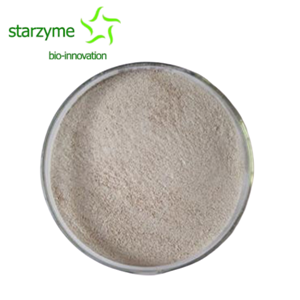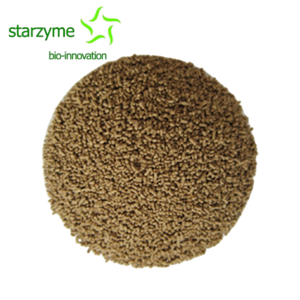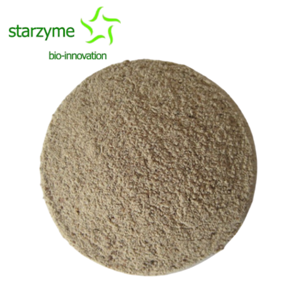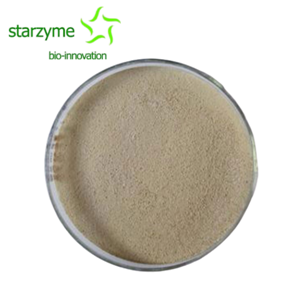Bacillus coagulans: Important Role in Agriculture
Bacillus coagulans is a facultative anaerobic bacterium that can grow in both aerobic and anaerobic environments. It can adapt to low oxygen intestinal environments, has high tolerance to acids and bile, and can undergo lactic acid fermentation. The L-lactic acid produced can lower intestinal pH, inhibit harmful bacteria, and promote the growth and reproduction of beneficial bacteria such as bifidobacteria. Bacillus coagulans can form spores, which is beneficial for restoring the microecological balance of the gastrointestinal tract compared to other non lactic acid producing Bacillus species.
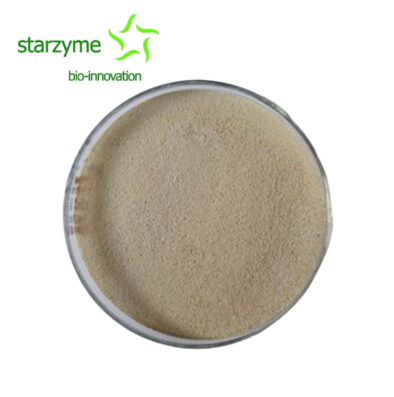
As a microorganism with special functions, Bacillus coagulans has received widespread attention in the agricultural field in recent years. This fungus plays an important role in agricultural production, mainly reflected in the following aspects:
Promoting Crop Growth
Bacillus coagulans can directly promote crop growth and development by producing various plant growth hormones, such as indole-3-acetic acid. These hormones help with cell division and elongation, thereby accelerating crop growth and increasing yield. In addition, Bacillus coagulans can improve the nutrient absorption capacity of crops, making them more robust.
Improving Crop Stress Resistance
In agricultural production, crops often face various environmental stresses such as high temperature, drought, salinity, etc. Bacillus coagulans can help crops resist these adverse conditions by inducing the production of stress resistant substances. Meanwhile, it can also alleviate the impact of soil diseases on crops by regulating the balance of soil microbial communities.
Improving Soil Quality
Bacillus coagulans can decompose organic matter in soil, release nutrients needed by plants, and thus improve soil fertility. In addition, it can promote the formation of soil aggregate structure, improve soil aeration and water retention, and provide a good soil environment for crop growth.
Biological Control Effect
Bacillus coagulans have the ability to inhibit the growth of pathogenic bacteria and can be used as biological pesticides to reduce the use of chemical pesticides, thereby reducing pesticide residues in agricultural products and improving their safety and quality.
Summary
Bacillus coagulans has broad application prospects in agriculture. By utilizing this microbial resource rationally, we can not only increase crop yield and quality, but also improve soil environment and achieve sustainable development of agriculture. With the continuous advancement of science and technology, it is believed that Bacillus coagulans will play a more important role in agricultural production.

